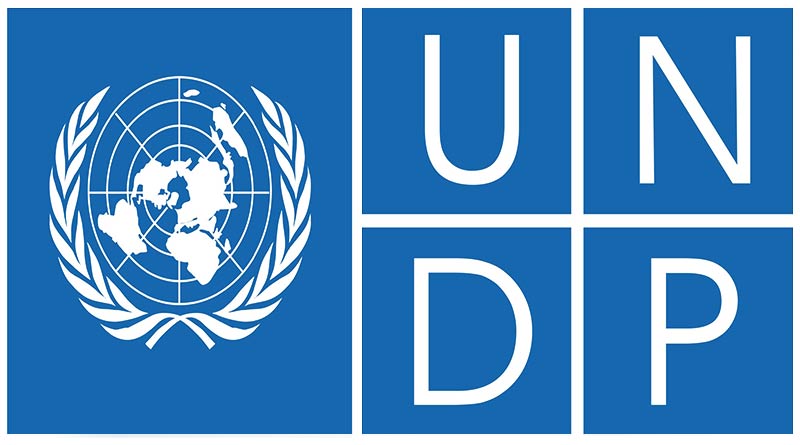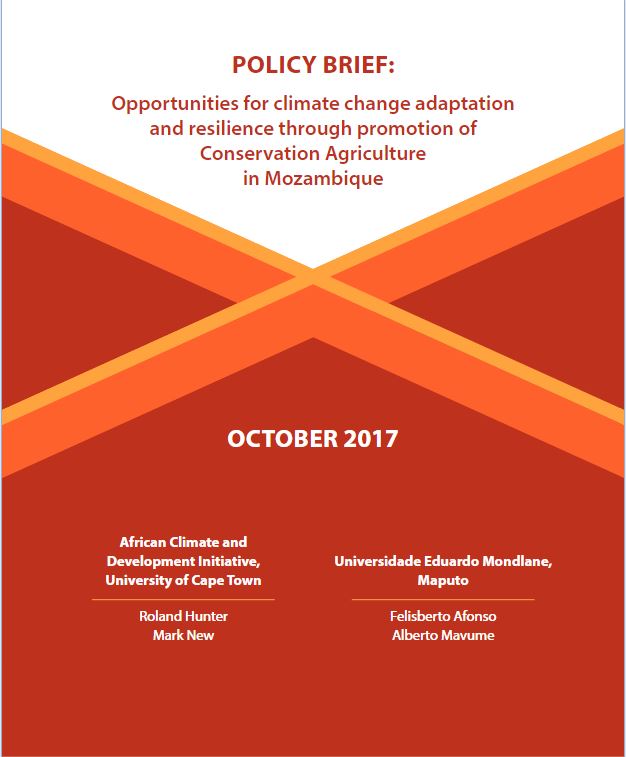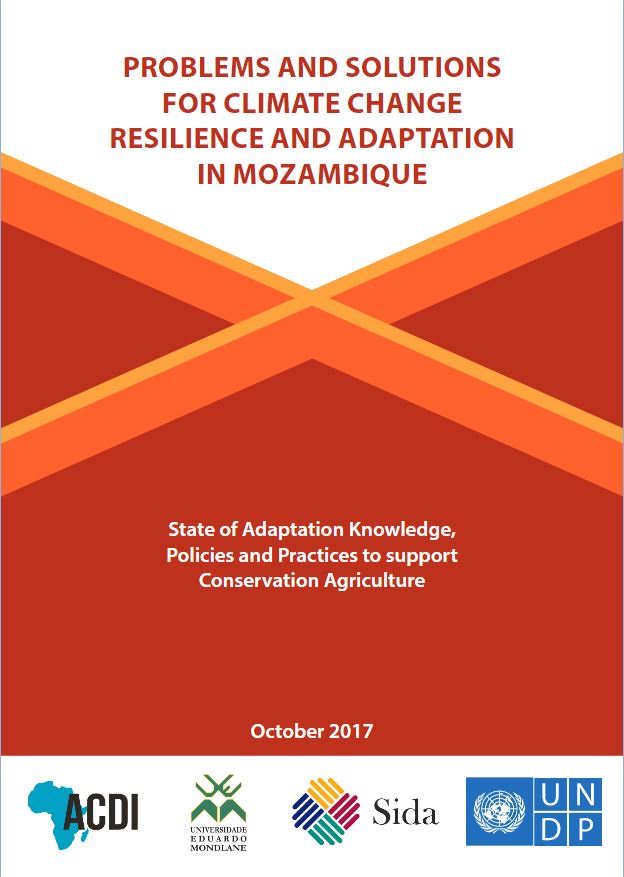| Jump to: Project team · Collaborators · Outputs |

Local communities in Mozambique, and those who support them in government and non-governmental organisations, are faced with the challenge of adapting to the effects of climate change and variability. These effects are expected to include changes in the frequency and severity of floods, droughts and cyclones. In particular, sustainability within the agricultural sector is threatened by both the current and future effects of climate change, with implications for livelihood and food security.
Farmers and other agricultural practitioners are recognised for their applied knowledge, and ability to respond and survive to what they have experienced, while managing risk responsibly. However, localised risk management and production practices are under pressure from the uncertainty, magnitude and frequency of climate change impacts, coupled with other developmental and social complexities. It is therefore necessary for the relevant government line departments and institutes, and international development organisations working in Mozambique to provide tailored, usable knowledge about adaptation responses to stakeholders across the agricultural value chain.
As stated in Mozambique’s National Adaptation Programme of Action, increased knowledge of appropriate adaptation responses, tailored to different users, is needed to reduce climate-related risks to human life and property. Ideally, this knowledge should be managed systemically to foster learning and innovation between multiple stakeholders over time. Additionally, extension and awareness-raising initiatives should be informed by strategic inputs from the private and public sector stakeholders at local, regional and national levels. Local, regional and national adaptation strategies and responses should be informed by: i) scientific knowledge of current and future climate impacts; ii) existing institutional knowledge; iii) relevant external knowledge about adaptation in other countries or settlings; iv) diverse community inputs, including those of women; and v) the applied expertise of practitioners such as small-scale and commercial farmers.
For this inclusive, robust approach to be developed, sectoral studies are required to understand current knowledge systems, products and structures that deepen the understanding of vulnerabilities and enable appropriate and effective adaptation responses. Agriculture is one of the most important sectors in Mozambique in terms of supporting livelihoods, ensuring food security, and creating jobs, and was, therefore, the focus of this project. However, many of the insights and recommendations that arose from an agricultural focus are directly relevant to climate adaptation in other sectors.
Project objectives
This study had three objectives:
-
To identify: i) available knowledge that deepens the understanding of vulnerability and adaptation responses in the Mozambique agriculture sector; and ii) the processes and pathways of agents, practices and institutions in the production, use and transfer thereof.
-
Use participatory methods to identify: i) gaps in foundational knowledge for understanding climate risks, impacts, vulnerability, and adaptation responses in the agriculture sector; and ii) pathways of the use, production and transfer of existing knowledge by communities, users, government actors and other stakeholders.
-
Produce detailed recommendations for improving the production, transfer and uptake of knowledge around climate change adaptation at farm, regional and national levels.
Project team

|
|
|
Collaborators



Outputs

